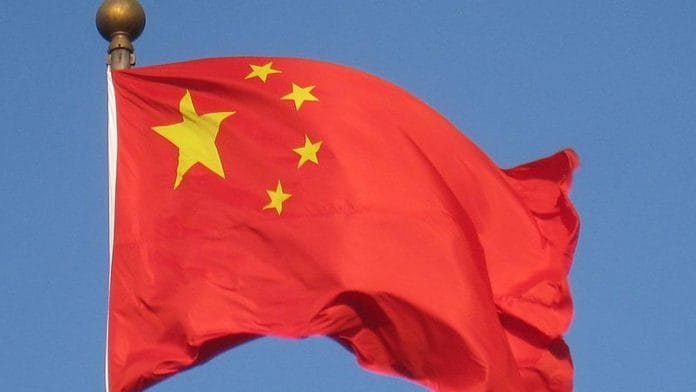New Delhi: China’s foreign policy in South Asia is shaped by the issue of Tibet in its engagement with Nepal, using Buddhism as a tool of “soft power”, and leveraging the ‘perennially tense’ India-Pakistan relationship, experts and researchers said Friday at the virtual All India Conference of China Studies, hosted by the Institute of China Studies (ICS).
ThePrint is a digital partner for the event.
India’s former foreign secretary Shivshankar Menon, who moderated the session titled ‘Chinese influence in South Asia’, said examining nuances in the Chinese policy on the region is important because the media narrative depicts extremes of either a “Chinese juggernaut” or that “the whole world has turned against the Chinese”.
Amish Raj Mulmi, consulting editor at the Writer’s Side literary agency in Kathmandu, said Tibet is key to China’s relationship with Nepal.
Mulmi explained that Chinese engagement in Nepal has been predicated “on halting all political expressions by the Tibetan exile community inside the country and curtailing the passage of new Tibetan nationals into Nepal”.
In October 2019, ahead of Chinese President Xi Jinping’s visit to Nepal, dozens of protesting people, primarily Tibetan refugees, were detained.
Mulmi added that Chinese ambassadors have ramped up media “outreach” in Nepal in recent years. He gave the example of Chinese ambassador Hou Yanqi giving at least six interviews to the Nepali media and writing five articles for newspapers in 2020, followed by four op-eds on Chinese Covid-19 vaccine support to Nepal this year.
Also read: China’s Taliban strategy is taking shape. But it wants to secure its border regions first
‘Perennially tense’ India-Pak relationship makes Beijing relevant
Antara Ghosal Singh, research associate at the Centre for Social and Economic Progress (CSEP), New Delhi, explained that Chinese scholars resent Beijing being viewed as a “cash cow” in South Asia.
“They [scholars] often caution against China…repeating the ‘Southeast Asia mistake’ of getting the South Asian nations relying on China for economic growth and India and others for security which will increase China’s cost of engagement with diminishing returns,” said Singh.
She added that China sees opportunity in a “fractured” South Asia because the “perennially tense” India-Pakistan relationship helps keep Beijing relevant.
However, Beijing may be losing some relevance on critical issues like the Rohingya crisis.
Shahtaj Mahmud, senior coordinator, projects and program at the Institute of Policy, Advocacy and Governance (IPAG), Dhaka, explained that China’s mediation between Bangladesh and Myanmar on the Rohingya crisis has been stalled since the Myanmar coup in February this year.
“Bangladesh is slowly starting to lose patience and hope in the mediation process of China. It is currently looking towards Russia and wants to use the budding relationship between Russia and Myanmar to its advantage,” she said.
Also read: G-20 continues to be deadlocked as China won’t budge on climate goals
Buddhism as a tool of soft power
Chulanee Attanayake, research fellow at the Institute of South Asian Studies, National University of Singapore, explained that China uses Buddhism as a tool of soft power in South Asia.
“In recent years, China has emphasised on faith diplomacy… particularly, China uses Buddhist history and Buddhist links to augment its influence in the South Asian region,” she said.
Attanayake added that Beijing promotes Buddhism internationally through initiatives like the ‘Common Buddhist Text’ project of the International Council of Vesak, based at Mahachulalongkornrajavidyalaya University, Thailand.
(Edited by Poulomi Banerjee)
Also read: How China combined authoritarianism with capitalism to create a new communism






